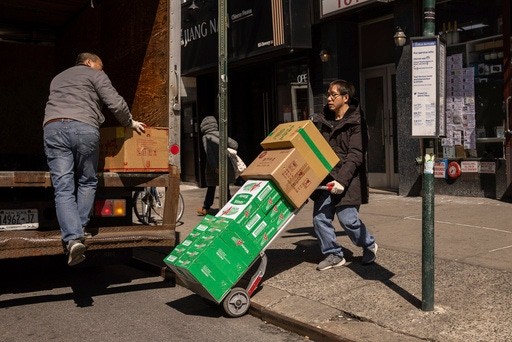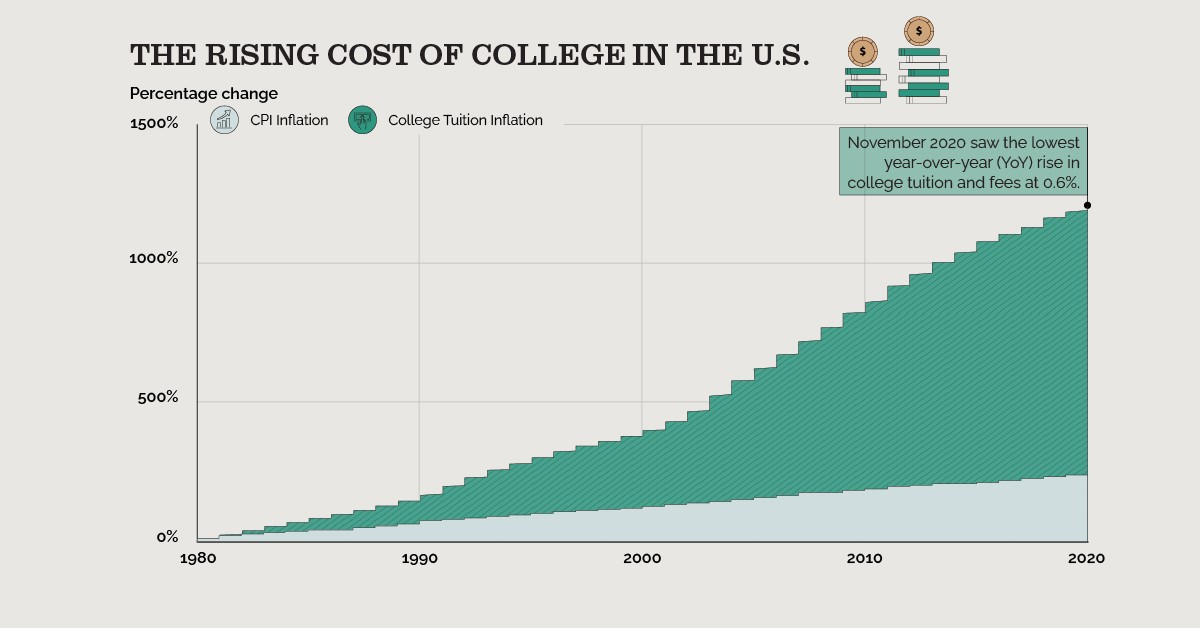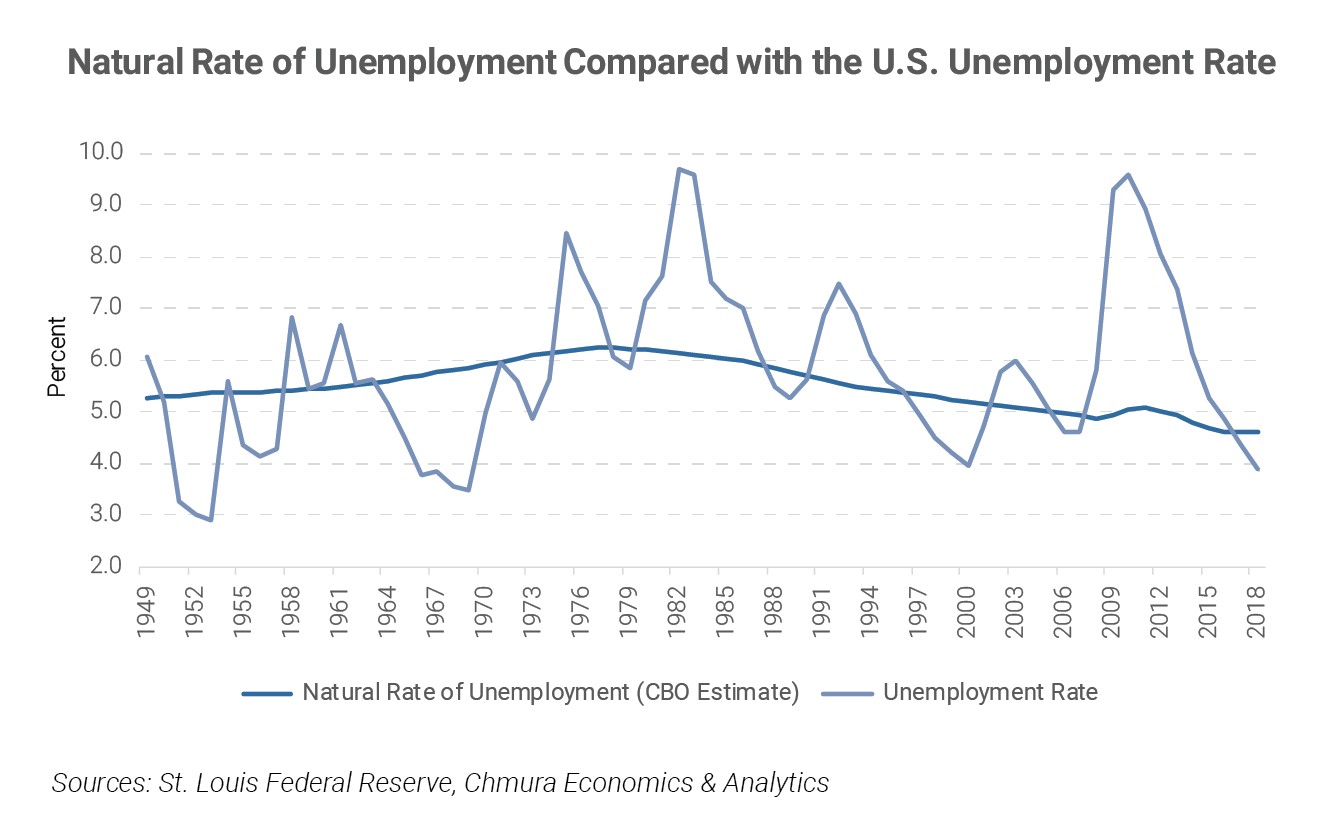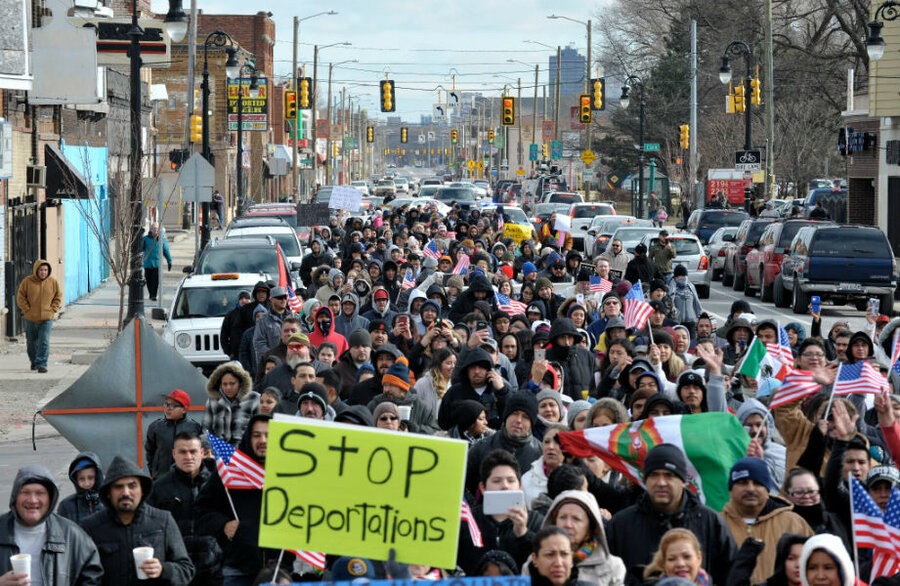U.S. Labor Market Defies Expectations with Strong April Job Growth
The U.S. economy added 177,000 jobs in April, surpassing forecasts of 135,000, while maintaining a steady 4.2% unemployment rate. Healthcare, transportation, and hospitality sectors led the growth, though economists warn of potential market challenges ahead.
Manufacturing's Reality Check: Why America's Factory Job Dreams Need a Reset
Politicians promise to restore manufacturing jobs to historic levels, but adding 20 million factory workers may not align with modern economic realities. The vision of revitalizing U.S. manufacturing through trade barriers overlooks how automation, global supply chains, and workforce preferences have fundamentally transformed industrial employment.
America's Trucking Crisis: A Looming Threat to Supply Chain Stability
Despite growing demand for drivers, the U.S. trucking industry faces a critical retention crisis fueled by deteriorating wages and working conditions. With experienced drivers leaving in droves and companies reluctant to implement reforms, this mounting crisis threatens America's entire supply chain infrastructure.
Sex Workers Signal Economic Downturn: Industry Data Points to Possible Recession
Sex workers and adult entertainers across Europe and the US are reporting dramatic declines in revenue and customer spending, potentially signaling an economic slowdown. From legal brothels to strip clubs, industry workers are seeing concerning shifts in consumer behavior that historically correlate with approaching recessions.
Dismantling Education Department Could Cost Taxpayers $11B More Annually
Analysis reveals that eliminating the U.S. Department of Education would force states to increase education budgets by 28% to maintain services. The move could cost taxpayers an additional $11 billion per year while reducing educational quality and college accessibility.
The Economic Forces Driving Young Adults' Shrinking Social Circles
Modern financial pressures and career demands are fundamentally reshaping how young people form and maintain friendships. Recent data shows a strategic shift toward smaller, more intentional social networks as young professionals prioritize financial stability over extensive social circles.
America's Unemployment Puzzle: How Low Can It Really Go?
The U.S. unemployment rate hit a 50-year low of 3.4% in 2023, raising questions about its theoretical minimum. While some regions achieve rates below 2%, economists warn that extremely low unemployment could signal economic instability rather than strength.
Nationwide 'Day Without Immigrants' Protest Showcases Economic Impact of Immigrant Workers
Businesses across America closed their doors in solidarity with 'A Day Without Immigrants' protest, demonstrating the vital economic contributions of immigrant workers. The nationwide movement saw participation from restaurants, vendors and establishments, with immigrants contributing an estimated $97 billion in annual tax revenue.
The Enduring Value of Human Labor in an AGI Future
Despite concerns about AI automation, historical patterns and economic principles suggest human labor will remain valuable even with artificial general intelligence. From stable GDP shares to complementary productivity gains, multiple factors indicate a future of human-AI collaboration rather than wholesale worker displacement.
Demographic Cliff: U.S. Colleges Face Crisis as Student Population Set to Drop 15%
A looming demographic shift threatens U.S. higher education as projections show 650,000 fewer college-age students annually by 2039. This unprecedented decline is already forcing college closures and raising concerns about future workforce shortages across critical industries.









